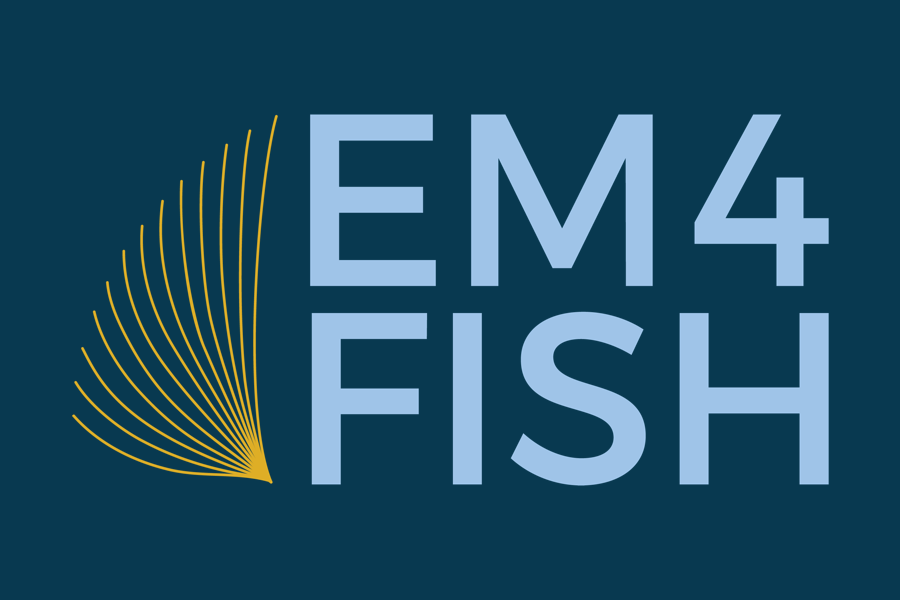Bubba Cook, longtime Western & Central Pacific Tuna Program Manager for World Wildlife Fund, posted the following statement to his LinkedIn account in December. Bubba is a good friend to EM4Fish as he is to hundreds of fish people near and far. He gave us his permission to share this post with EM4Fish readers and we do so in a spirit of deep gratitude for everyone who labors on deck or in the holds of commercial fishing vessels.
“I haven’t posted much lately because I’ve had a lot going on, but I’d like to share something that represents a career highlight for me. Many of you might recall when I was advocating for the safety and security of fisheries observers serving onboard fishing vessels in the Pacific after my friend, Keith Davis was killed onboard a tuna transhipment vessel. That effort led to the first ever binding conservation and management measure in 2016 specifically addressing observer safety by a regional fisheries authority. That step, in turn, led to an initiative to protect all humans serving onboard fishing vessels.
“This past week, at the 21st Annual Meeting of the Western and Central Pacific Fisheries Commission in Suva, Fiji, member states adopted the first ever Crew Labour Standards as a binding measure. This means, for the first time, there will be a legal authority responsible for ensuring the health, safety, and welfare of humans working on fishing vessels. The Fish Safety Foundation estimates that there are more than 100,000 fishers that die annually at sea, which is a shocking figure. The measure that was adopted last week should help reduce that number.

“I was given the opportunity to provide statement before the meeting upon adoption of this groundbreaking measure. There were dozens of people from just as many countries that contributed to making this happen, but I take some pride in knowing that I contributed to this outcome. But there was one person who couldn’t be there that it only seemed appropriate to acknowledge, so this was the opening of my intervention:
“In 2007, at great personal and professional risk, a young man serving as a transhipment fisheries observer brought forward images of crew abuse at an International Fisheries Observer and Monitoring Conference. He was staunch advocate for human rights and was shocked by what he had witnessed and documented. He was also desperate to see those conditions change and advocated for it every chance he could through his role. In 2015, that same observer tragically lost his life while serving on a transhipment vessel in the Eastern Pacific, which catalysed the first ever development and implementation of an observer safety and security measure by any RFMO, which happened to be this commission and was adopted here in Fiji in 2016. The adoption of the observer safety measure further set the stage for the adoption of Crew Labour Standards eight years later and, appropriately, here in Fiji again. While it might not bear his name, to me, this measure will always represent a fitting tribute to the memory and legacy of Keith Davis.”

